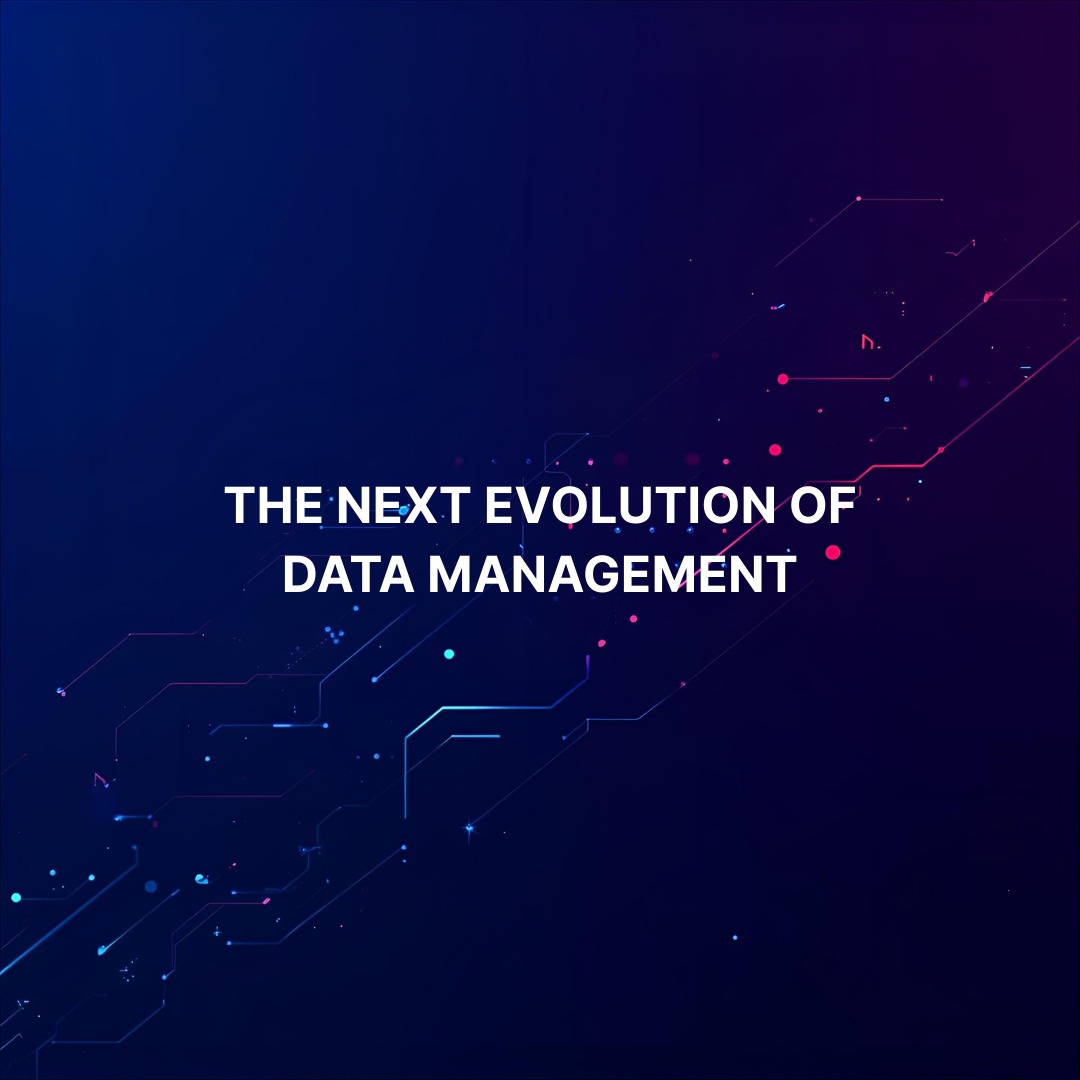
In 2023, we published an article on our blog on our takes on Data in the region, today we wanted to add a few updates as the market is updating heavily on a daily basis.
Data management was seen mostly as a support function. The priority was keeping information safe, storing it properly, and making sure teams could access what they needed.
Fast forward to 2025, and the landscape looks very different. Data management has moved from the back office to the front line of strategy, fueling AI adoption, controlling rising costs, and shaping trust in digital business.
So, what changed — and where is it going next?
One of the biggest shifts since 2023 has been the explosion of artificial intelligence. Back then, only a small group of companies were experimenting with it. Today, nearly three out of four organizations are using generative AI tools in their daily operations (McKinsey, 2024). This changes everything: when AI depends on the quality of your data, data management becomes the engine that determines whether your AI is powerful and accurate — or unreliable and even risky.
Bad data doesn’t just mean bad reports anymore; it means AI models producing biased, misleading, or even harmful results. That makes data management a core driver of competitiveness, not just an IT responsibility.
The move to the cloud promised flexibility and scalability. But companies soon realized the bill wasn’t as predictable as they thought. In fact, organizations are overshooting their cloud budgets by an average of 17% (Flexera 2024). That’s why a new discipline called FinOps — short for Finance + Operations — has taken root. FinOps ensures that data systems and cloud resources are used efficiently, preventing surprises at the end of the month and making cost management part of design rather than an afterthought.
In 2025, controlling costs is no longer separate from data strategy — it’s built into it.
As AI spreads, so do concerns about trust. Large language models (LLMs) are incredibly powerful but also prone to “hallucinations” — confidently delivering wrong answers. Combine that with risks of bias, data leaks, and privacy issues, and the stakes become clear.
This is why data governance has shifted from being a compliance box-tick to a strategic necessity. Organizations now need systems that don’t just store data, but actively monitor, audit, and protect it in real time. It’s no longer enough to manage data reactively; governance must be proactive, continuous, and integrated across the business.
To handle these challenges, a new practice has emerged: LLMOps (Large Language Model Operations). If MLOps was about managing traditional machine learning, LLMOps is about managing the far bigger, more complex large language models.
Think of it as “AI operations.” It ensures models are deployed safely, outputs are monitored, costs are controlled, and data is protected. In other words, it’s the discipline that makes generative AI usable at scale without losing control.
Another trend that matured between 2023 and 2025 is the balance between centralized and decentralized data ownership. Companies used to either centralize everything (leading to bottlenecks) or let every team manage their own data (leading to silos).
Now, many organizations are adopting a hybrid approach: using a data fabric for centralized standards and integration, while applying a data mesh model to give business units ownership of their own data. This “best of both worlds” strategy allows for both consistency and agility.
If we project forward, the next five years will bring even more change. Expect to see:
By 2030, data won’t just be an asset to manage — it will be a product to monetize, protect, and innovate within real time.
Think of it as “AI operations.” It ensures models are deployed safely, outputs are monitored, costs are controlled, and data is protected. In other words, it’s the discipline that makes generative AI usable at scale without losing control.
Through Vision 2030 and SDAIA, Saudi is positioning itself as a global data hub—leading in open government data, building massive AI infrastructure, and embedding AI in sectors like healthcare, energy, and sustainability.
With its AI Strategy 2031, the UAE is moving toward becoming the world’s first AI-native government. Initiatives like MBZUAI, smart police stations, and AI-powered citizen services show how data and AI are being woven into daily life.
Under Digital Egypt and Vision 2030, the country is pushing e-government, secure data networks, and AI-driven healthcare systems like electronic health records—laying the foundation for scalable data and AI adoption.
The same global trends in governance, LLMOps, and hybrid data management are already being reflected in the region—tailored to national visions and priorities.
For organizations today, the message is clear: data management is no longer a technical chore. It’s a business-critical capability that drives AI, controls costs, and builds trust.
Those who treat governance, FinOps, and LLMOps as enablers of innovation — rather than obstacles — will be the ones who win in this new era. Data used to be plumbing. Now, it’s power.
We can lead the data strategy roadmap with your organization, book a demo and one of our team will get in touch.